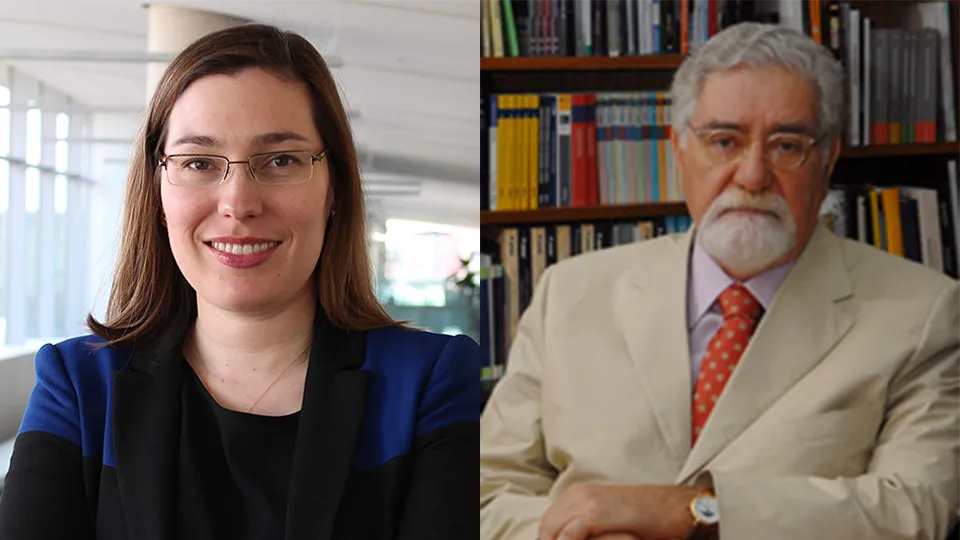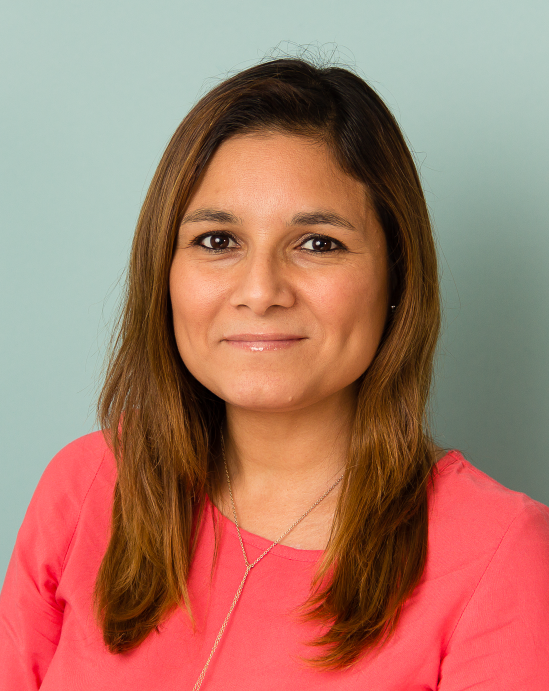International IDEA welcomes two new Members to its Board of Advisers

On 16 March 2018, the Council of Member States of International IDEA appointed Dr Nicole Goodman (Canada) and Professor Celso Lafer (Brazil) to serve as Members of the Board of Advisers of the Institute for the period of March 2018 to March 2021.
Dr Nicole Goodman
Dr Nicole Goodman presently serves as Director of the Centre for e-Democracy in Toronto, Canada, and as Assistant Professor of political science at the Brock University. Dr Goodman brings extensive experience in the field of elections and ICTs, international networking and fundraising. Her current research largely focuses on the impacts of digital technology on Canadian political behaviour and public policy. She has also explored such impacts on governance, Indigenous self-determination and innovation. Dr Goodman recently led a Social Sciences and Humanities Research Council (SSHRC) funded-study of the 2014 Ontario municipal elections to assess the effects of internet voting on voters and election administration in 47 municipalities. She is a co-investigator on the SSHRC-funded research project “The Impact of Digital Technology on First Nations Participation and Governance,” examining the impact of electronic voting and e-democracy software on participation in elections and referendums, and the role of digital technology in promoting self-government. She has authored multiple academic papers and government reports and is regularly called upon by governments and organizations in Canada and internationally for her expertise related to voting technologies and electoral modernization. Her research has been published in international studies series and journals, and its findings have been presented in testimony to the Standing Committee on the Legislative Assembly (Ontario) and the Special Committee on Electoral Reform and have been featured in The Globe and Mail, Ottawa Citizen, Toronto Star, CBC and on TVO as well as other outlets. Dr Goodman has worked with the US government and hosted and provided guidance to the Catalonian electoral delegation. She recently served as co-chair for the EVOTE-ID meeting—the largest international conference on electronic voting in Bregenz, Austria.
Dr Celso Lafer
Dr Celso Lafer is professor emeritus of the University of São Paulo (USP) and was a lecturer in the Department of Philosophy and General Theory of Law at the same university. Dr Lafer was a member of the Deliberative Council (2005-2011) of the Institute of International Relations of the USP. He was Brazilian Minister of Foreign Affairs on two occasions: in 1992, under Fernando Collor, and from 2001 to 2002, during the last two years of the Fernando Henrique Cardoso administration. From 1995 to 1998, Dr Lafer served as Ambassador and Permanent Representative of Brazil to the World Trade Organization (WTO), the United Nation (UN) and the other specialized agencies in Geneva. In the WTO, he was Chairman of the Dispute Settlement Body and Chairman of the General Council. As 2002, Dr Lafer is a member of the Permanent Court of Arbitration (The Hague) and is the Chairman of the Board of the Museu Lasar Segall (São Paulo). Currently, he serves as a Member of the Board of Klabin – a major paper and pulp company in Brazil; and as a member of the Board of the Institute of Advanced Studies of the University of São Paulo (IEA). Dr Lafer has been awarded doctor honoris causa of many universities in Argentina, France, Israel, United Kingdom; and Honorary Fellow of the Hebrew University. In 2001, he was awarded the Moinho Santista prize of the Bunge Foundation for his contribution to the studies of International Relations. In 2006, he was the Countries and Cultures Chair at the John W. Kluge Center in the US Library of Congress. He was elected member of the Brazilian Academy of Sciences in 2004 and of the Brazilian Academy of Letters in 2006. His most recent publications are related to the Brazilian international identity and external policies, and to human rights (constitution, racism, international relations, international law).
The expertise of Dr Goodman and Dr Lafer in their respective areas bring a unique and complementary perspective to International IDEA’s impact areas, and their membership and contribution in the Board of Advisers will bring great value and comparative advantage to International IDEA’s work.
The Board of Advisers of International IDEA plays an important role in the governance of the Institute by providing advice and recommendations to The Council of Member States and the Secretary-General with regards to the strategic direction and positioning of the Institute, as well as its programmes. The Board of Advisers meets twice a year, in June and December.




